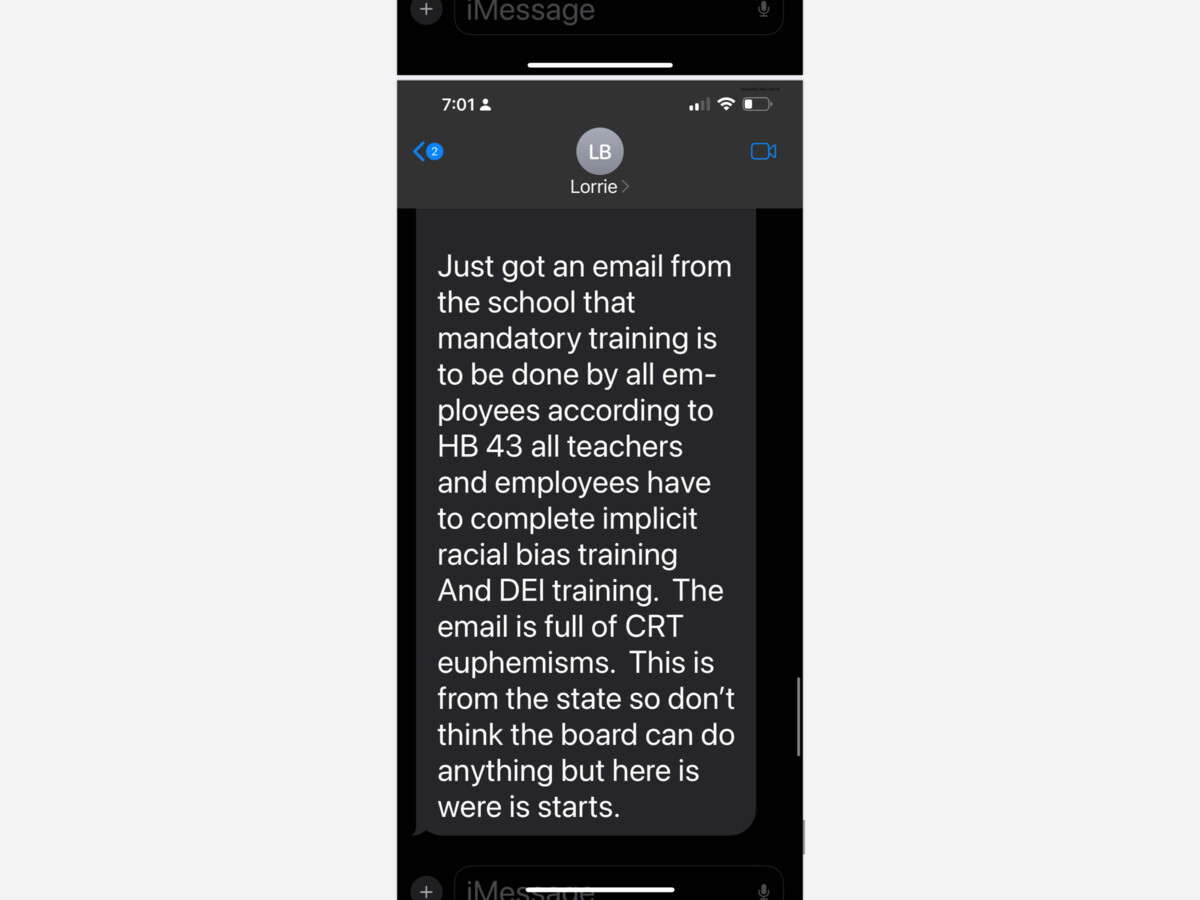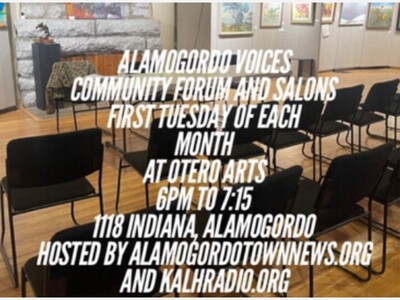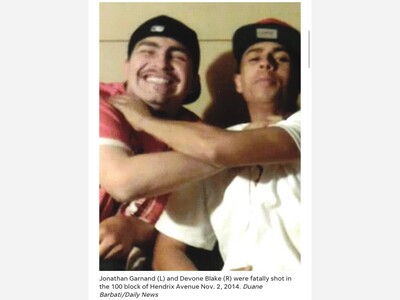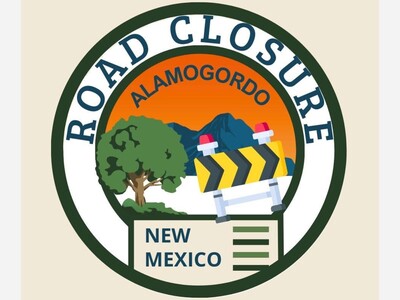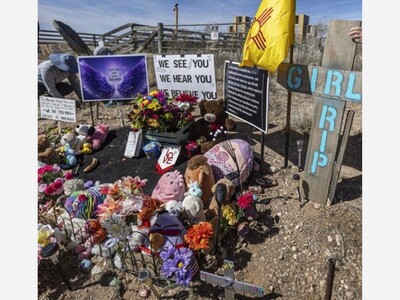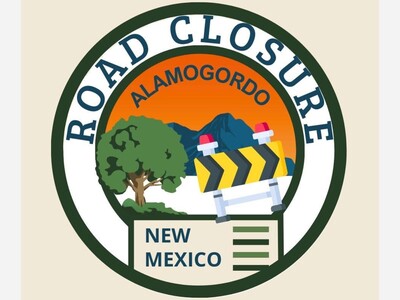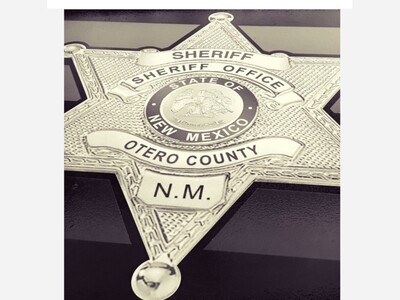"Roots" in Today's Climate of Political Correctness and Fear of CRT Could it be Made Today? Could it still be shown in the schools?
As a young woman of color and understanding my history my parents prevailed upon me the history of my blackness, to embrace my color, my history and my culture and to be proud of who I am as a young, strong and opinionated black woman.
Recently an elected official for the city of Alamogordo took offense to a story I crafted and then proceeded to degrade my employer who I intern with on a social media forum. That elected official asked my employer if he has a problem with strong women. His response was that he admires strong "ethical women." One of those women mentioned several were local leaders who's opinions on public education differ than the individual in leadership who has used her role to challenge the local school leadership. Her followers and those closely connected with her reference the fear of the influence of CRT education and or its potential negative influence on cacausan children. This dialog and my employer including Michelle Obama as a strong woman of which he respected led to him and I having a discussion about CRT, the fear of educational theory even discussing race and led me to question rather the important TV Series "Roots" could be made in today's environment. And to me the bigger question was could it even be shown in history classes in the high schools as it was when I went to school in Berkeley?
I raised the question of why don't we offer to host a showing of roots in the high school and have a community dialog around the series hosted by a local NAACP representative. My employer suggested that given the political climate of the local school board and CRT he does not believe the leadership of the public schools would even allow "Roots" to be shown as a part of a study on black history but told we could put the question to the board out there and into the public domain for discussion. Thus here were are.
Some background on the historic miniseries "Roots":
When the miniseries “Roots” debuted on ABC in January 1977, it created a powerful moment in American culture that remains significant today.
The eight-night television event is one of the highest rated programs in history, with more than 100 million viewers tuning in for the final episode. “Roots” was nominated for 37 Emmy Awards and won nine. It also received a Peabody Award and the Golden Globe for best TV drama.
Based on the novel by Alex Haley, “Roots: The Saga of an American Family,” the series traces the capture of West African Kunta Kinte, a teenager sold into slavery in America, and spans 100 years to his grandson finally gaining freedom.
CNN did a story that discussed its impact on society with Professor of Media Studies at University of Texas at Austin Adrien Sebro who attributed the success of “Roots” in part to its groundbreaking depiction of Black lives.
“It played a huge role in how we view television; how Black life became, you know talked about in truth, about how Black lives came to America. And it really set the stage for the breadth and depth of storytelling that can be done on television,” Sebro told CNN
Prior to the debut of “Roots,” so much of Black life on television had centered around sitcoms like “Sandford and Son,” “Good Times” and “The Jeffersons.” “Roots” was different because the brutal realities of slavery in America was nothing to laugh at, especially for Black Americans.
“Roots” in the ’70s, it was explicit, but it wasn’t as explicit as what was actually happening. The horrors of chattel slavery and what they were doing to break the wills of these people that they brought over from Africa was too horrific to actually show,” Eric Deggans, media analyst and critic for NPR, told CNN. “Roots” was “talking about slavery and telling the truth about it,” he added.
And that is the crux of the my thoughts,"Roots" by Alex Haley told the truth about slavery and depicted it in harsh and troubling images that felt real. It was controversial then and would be even more so today, I believe given the fear by certain segments of society and certain elected officials to accept that the history needs to be told and taught from a variety of perspectives to include the Black perspective.
Young white black boys and girls are not so sensitive that they cannot understand the role of racism and how the depths of slavery still impact perceptions and thoughts to this day. White children are not so sensitivity that a discussion causes shame to them.
The same could be said of discussions of the rise of Nazism in Germany. Are German children shamed when learning of the Holocaust when lectured to or taught from the perspective of a Jew or a Gays who were targeted in the concentration camps?
It’s difficult to imagine Roots shown in the schools today or Roots to be required reading.How slavery was presented then would likely be challenged today.
In some communities to include Alamogordo political officials and community leaders are actively trying to change how America’s darkest history is presented in schools today.
The proof is the controversy drummed up around racial bias and equity training and dialog around it related to the local school board members and the executive director of the Flickinger Center who is attempting to create a "charter school." A text shown below was sent to us showing dialog around concerns with state mandated HB43 and facilitated by the DEI (Division for Equity and Inclusion to include racial bias training.
The school system and a group led by Ms. Black worked to oust the old superintendent of schools Dr. Moore. Some of the public was outraged such as seen in this video explaining rather graphicly why they are after Dr. Moore and how race played into the issue https://www.tiktok.com/@grogusimp/video/7198000565748518190?is_from_web…
Thus the question would the present school board allow "Roots" to be shown and the book read as a part of history studies in Alamogordo?
“There’s too many ways I think, which folks are able to easily not talk about these things. And I have students who get to college that don’t know about the Ku Klux Klan, and who don’t know about the history of slavery,” said Sebro. That is exactly my thoughts of what is happening with the Alamogordo Public Schools under the new regime under the influence of rogue elements within Alamogordo and outside pressures.
CNN reported that Deggans added, “the history of Black folks in this country, as horrific as it could be, it matters, it matters a lot. And you can’t really understand America if you don’t understand that journey.”
As a young Black woman that has begun news coverage and commentary in this community, I agree totally with the thoughts of Professor Deggans and am concerned locally with the influence upon the direction of APS and the future of this community. What is so scary and fearful about bias training of educators and staff?
Racism and the undertones of racism run deep thus "Roots" as controversial as it was in the 1970s is probably even more so today in communities such as Alamogordo New Mexico and other cities under the influence of tribalism and extremist.
Note: This commentary is my thoughts and may or may not reflect the thoughts and opinions of my employers or the media properties of which they manage Mica Maynard.


